Climate change: Swiss cities combat heat islands

Cities across Switzerland are taking steps to combat heat islands, a phenomenon that is likely to intensify with climate change. Authorities everywhere are planting trees, replacing asphalt surfaces with green ones or installing misting systems, according to Keystone-SDA news agency.
“No city can afford not to tackle this issue head-on,” says Laurence Salamin, architect for the town of Sierre in canton Valais. Framed by vineyards, the hillside town mapped ground temperatures in 2022 and, on that basis, has taken measures to plant vegetation.
Sion, the capital of canton Valais, embarked on the same journey earlier. The AcclimataSion programme aimed at adapting the city to climate change was launched just over a decade ago in collaboration with the Swiss government. Since then, climate adaptation has become a core tenet of public planning. The goal is to bring more green (plants) and blue (water) into the heart of the city.
One example is the redevelopment of the Place de la Planta, where tree-lined islands have been installed in summer since 2020. Sion’s authorities say “these measures have changed the way the square is used, adding not only environmental but also social value.” They have also led to an average drop of almost 7 degrees in surface temperature and around 1 degree in ambient temperature.
+ Switzerland divided on how to switch to green energy
Another widely celebrated project in Switzerland is the development of Ile de la Suze in the town of Biel, canton Bern. The temperature felt on a hot summer’s day in this park, with its several hundred trees and the river running through it, is much lower than in the surrounding neighborhoods.
Diverse strategies
The need for action is also felt in the medieval city and canton of Fribourg. This week, the canton presented a guide for communes. “Heat islands concern all communes, whether urban, semi-urban, rural or pre-Alpine,” it states. “This phenomenon is set to increase dramatically over the coming decades, and we need to start preparing for it today.
Vulnerability zones have been mapped for 18 priority municipalities. These maps highlight heat and cold islands in the municipalities concerned, as well as vulnerable locations such as senior care homes, schools and health centers.
+ Why water-rich Switzerland needs to monitor droughts
In the canton of Vaud, the city of Lausanne has set itself a “canopy objective”. Its ambition is to increase the surface area covered by tree leaves from the current 20% to 30% by 2040. At the Plateforme 10 museum hub, criticised for its lack of freshness, there are plans to install a misting fountain and a new, brighter floor covering.
Geneva, meanwhile, has been installing micro-oases, which are designed to help visitors enjoy their surroundings. The authorities are also planning events around these cool spaces to create social links. In French-speaking Neuchâtel, the city removed almost 400 square metres of bitumen from the area around the Port de Serrières over the spring, replacing it with a new gravel and grass surface.
Spray clouds and misting systems
German-speaking Switzerland is making similar efforts. The city of Zurich has created a spray cloud at Turbinenplatz, a concrete area. Adjacent Winterthur has set itself the target of planting 1,000 new trees. St. Gallen, for its part, wants to better manage rainwater with its “sponge city” concept. Lucerne is banking on clear asphalt. And Basel has announced the installation of potted trees, sails over shopping streets and misting systems.
+ Study: more trees in cities could save lives during heatwaves
Since 2020, the captital city of Bern has been testing several tree species from the Balkans and other European regions. The ten-year trial is designed to determine which trees are best able to withstand hot summers and prolonged dry spells. Marl paving and new trees have already replaced 1,000 square metres of asphalt by the headquarters of the Swiss Federal Railways.

In compliance with the JTI standards
More: SWI swissinfo.ch certified by the Journalism Trust Initiative









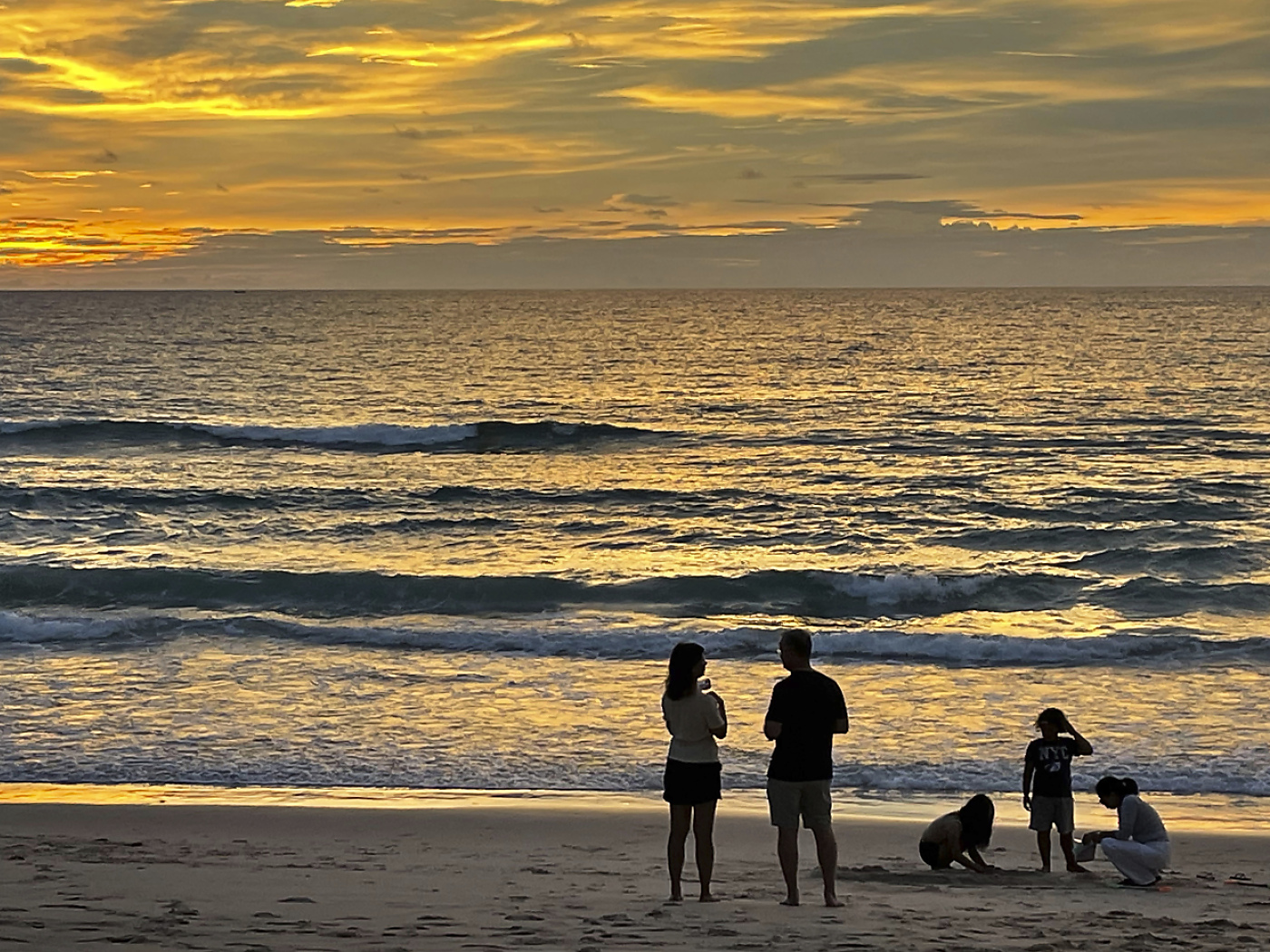
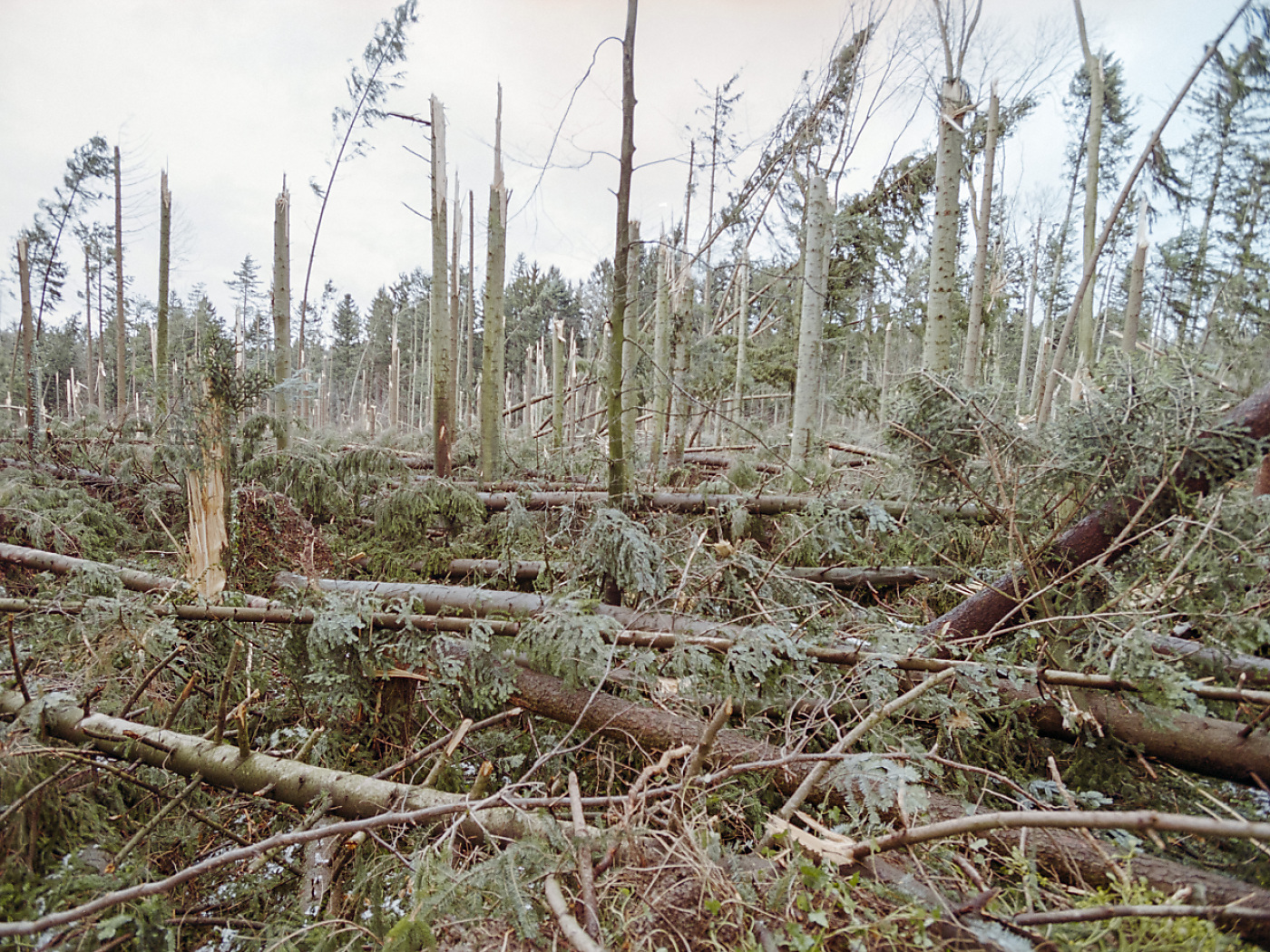






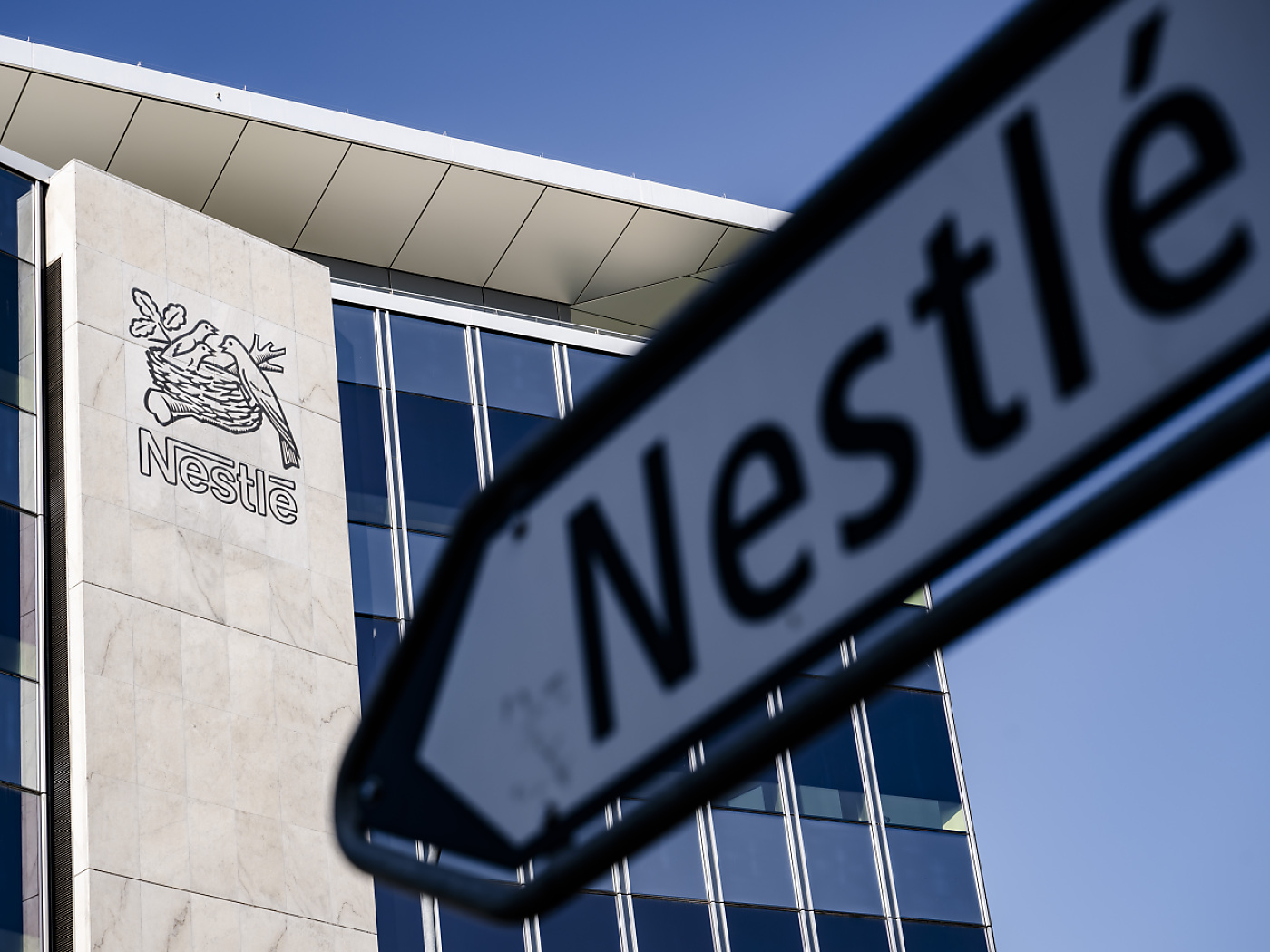
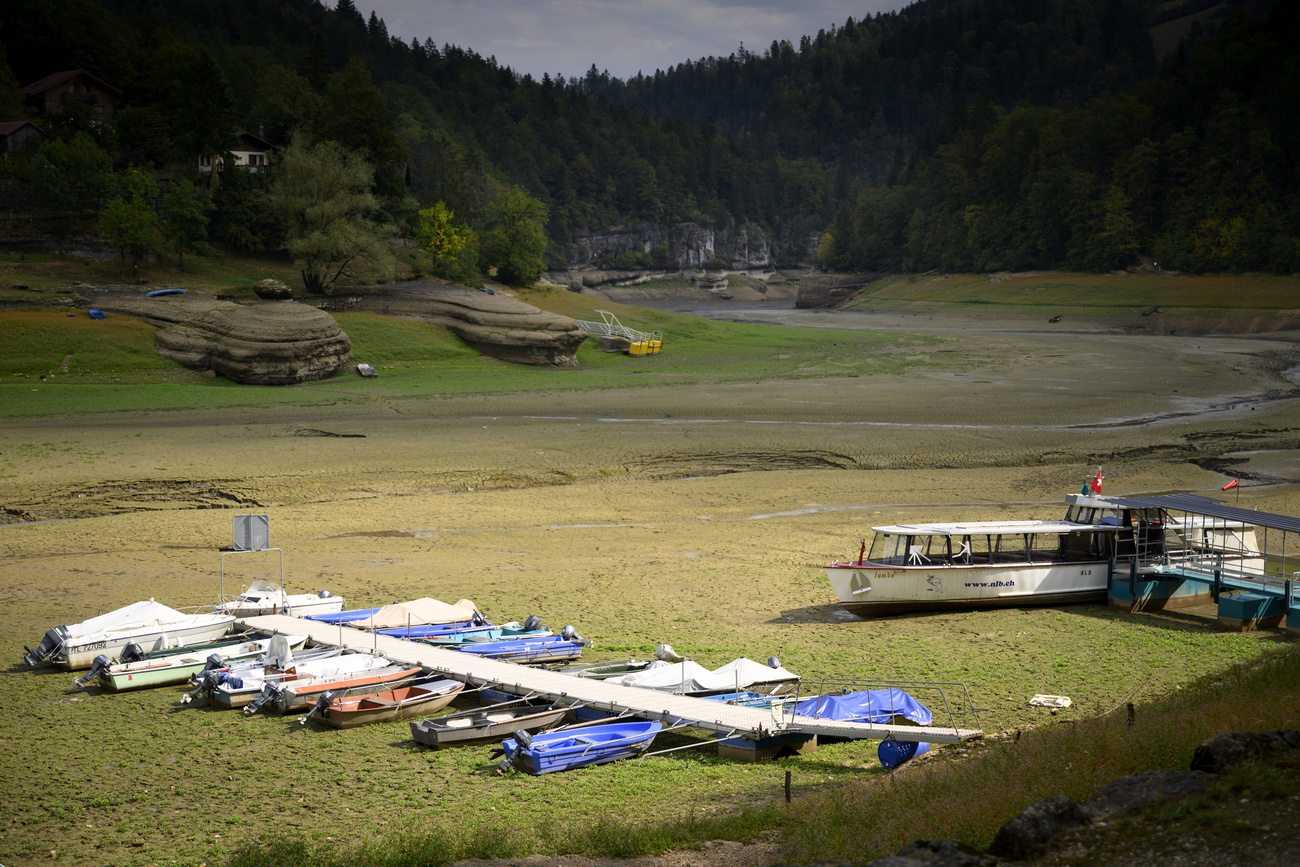
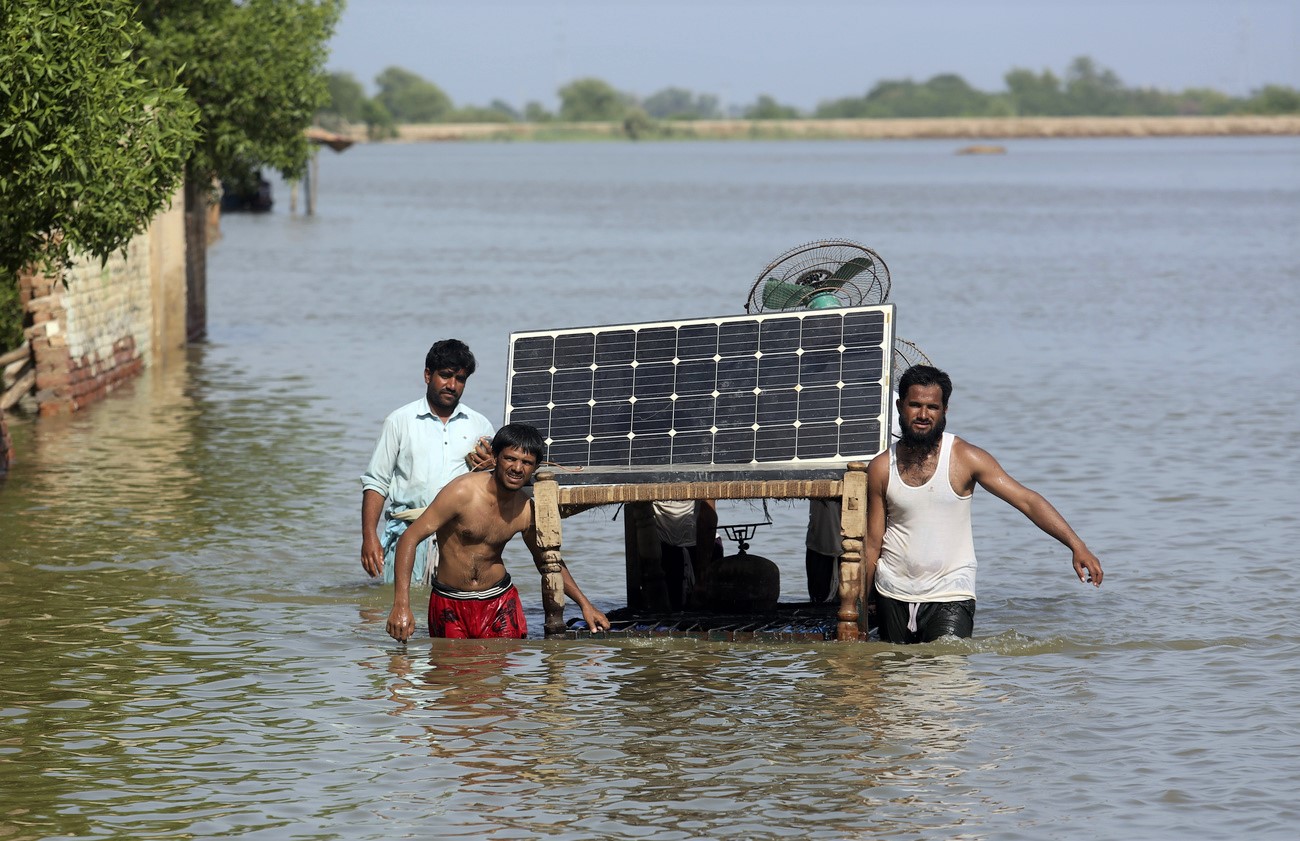
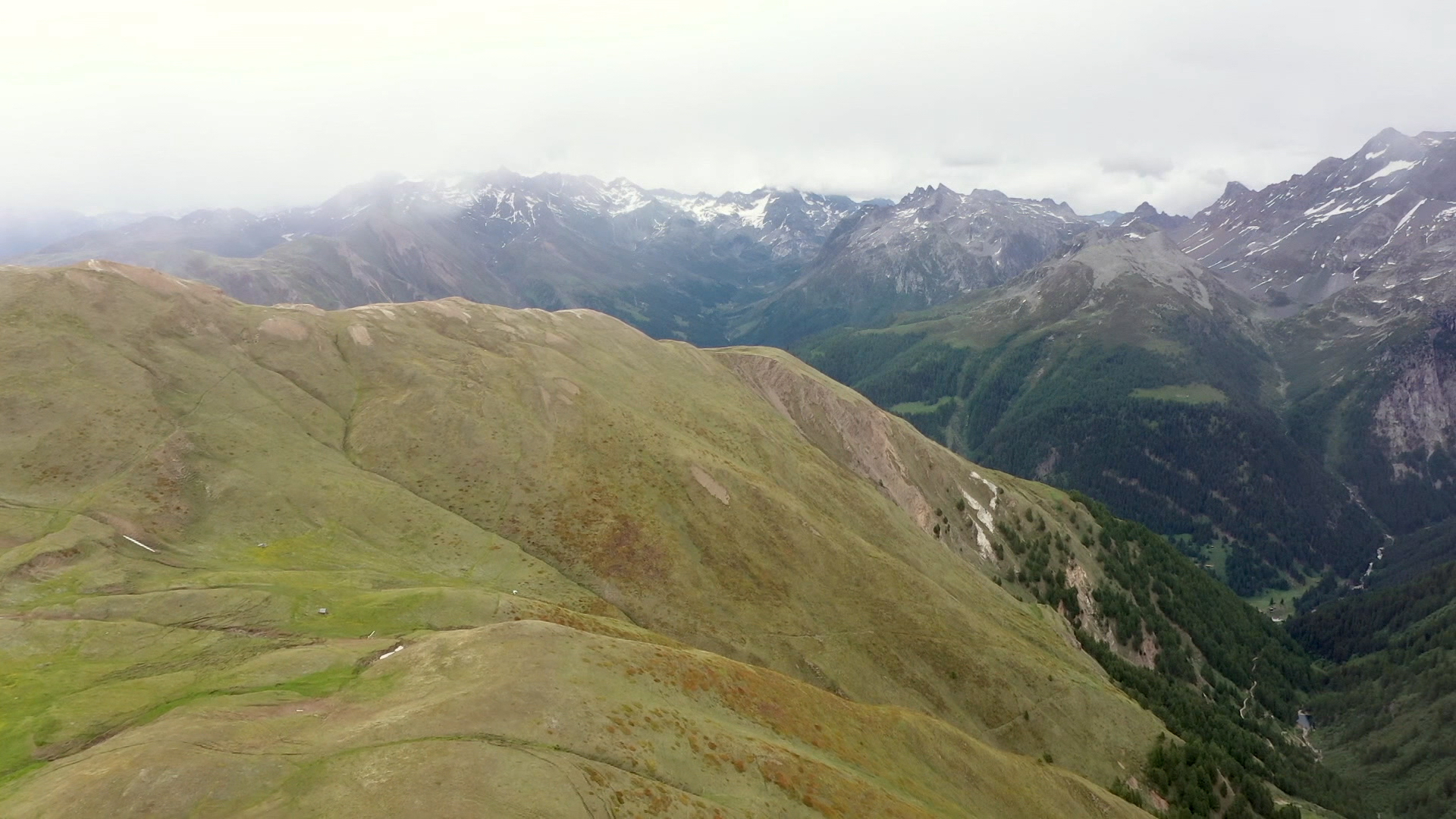
You can find an overview of ongoing debates with our journalists here . Please join us!
If you want to start a conversation about a topic raised in this article or want to report factual errors, email us at english@swissinfo.ch.